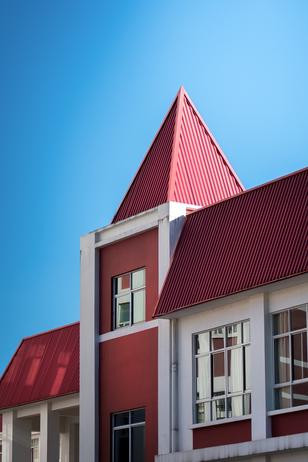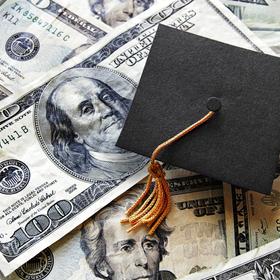Choosing a private K–12 school is an important step in shaping your child’s educational journey. Families often have questions about tuition, financial aid options, and the best time to begin the application process. Although financial aid varies by school, planning ahead and understanding the typical timeline can help ensure you receive the most accurate information and the strongest possible consideration.
This 2025 guide provides a clear, practical timeline for navigating private school tuition planning and financial aid, designed to support families exploring independent, parochial, Montessori, Waldorf, or other private K–12 institutions.
Why Financial Aid Timing Matters for Private School FamiliesPrivate school tuition represents a significant investment, but many institutions offer need-based financial aid and, in some cases, merit-based scholarships. Since each school sets its own deadlines and policies—and financial aid budgets are limited—early preparation is one of the most effective strategies for families.
Applying on time ensures your child's application is reviewed with the full set of available resources. Missing deadlines may limit eligibility, reduce award amounts, or delay enrollment decisions.
Private School Review’s mission is to provide families with impartial, comprehensive information so they can confidently compare schools and prepare for the financial considerations involved.
Key Dates & Planning Milestones (Typical Cycle for 2025–2026)While every private school has its own timeline, most follow a predictable rhythm. Below is an overview of common milestones to help families stay organized. Always consult each school’s admissions office for exact deadlines.



















